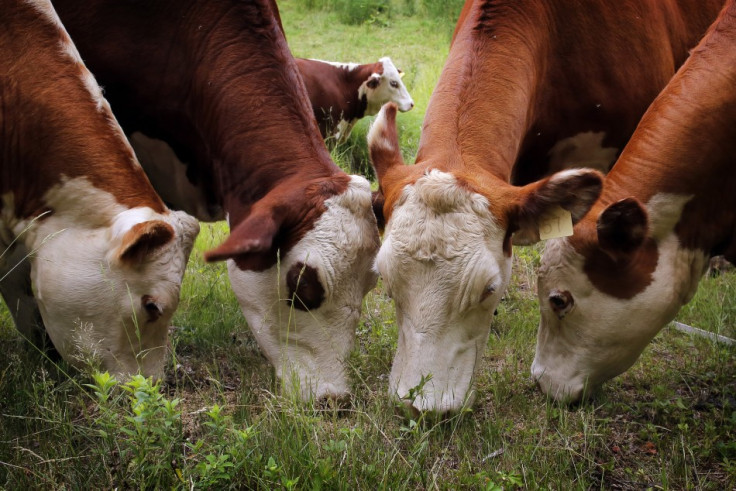Meat From Diseased Cattle Sold to UK Schools and Hospitals

Tens of thousands of cattle that were slaughtered after contracting bovine tuberculosis (bTB) have been sold for human consumption in schools and hospitals.
According to the Sunday Times, beef from around 28,000 diseased cows a year is being sold to caterers and food processors by the Department for Environment, Food and Rural Affairs (Defra), which acquires the meat after paying farmers compensation.
Most supermarkets and burger chains do not use meat from cows infected by bTB because of customer concerns about the health risks.
However, raw meat from infected cattle is being sold and making its way into schools, hospitals and the military.
Defra has defended selling the meat without labelling it as being from diseased cattle, because it is still safe for human consumption.
A Defra spokesperson said: "All meat from cattle slaughtered due to bovine TB must undergo rigorous food safety checks before it can be passed fit for consumption.
"The Food Standards Agency (FSA) has confirmed there are no known cases where TB has been transmitted through eating meat and the risk of infection from eating meat, even if raw or undercooked, remains extremely low."
A spokeswoman for the FSA said: "All meat must be marked with an identification mark which will indicate the approval number of the plant of origin.
"However, meat from TB reactors (animals that have failed tests for TB), once it has been passed as fit for human consumption, is not required to be marked in any way to distinguish it from other meat.
"Meat which passes the post-mortem inspection is fit for human consumption and does not need additional labelling."
The FSA added that if a slaughtered animal is found to have tuberculosis lesions in more than one organ or region, it is declared unsafe for human consumption and destroyed.
However, if an animal is only infected in one organ or region, then the area is removed and the rest of the carcass is considered safe to enter the food chain.
About 40 cases of bTB are diagnosed in humans each year, against about 9,000 cases of the human strain of the disease.
© Copyright IBTimes 2025. All rights reserved.




















